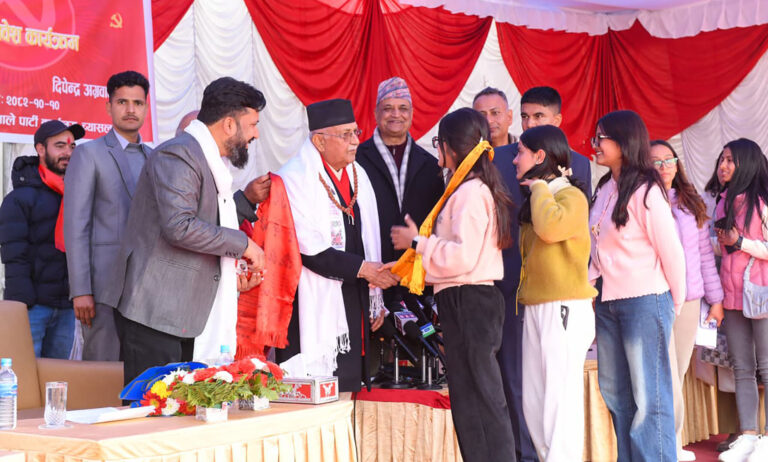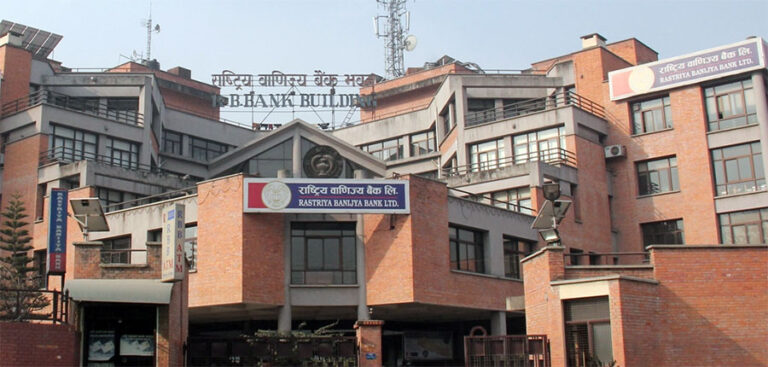
Sudurpashchim Province’s major cultural festival Gaura will begin this year on August 28 (Bhadra 12). According to cultural expert Acharya Ghanshyam Lekhak, the festival officially starts on Biruda Panchami by soaking five types of grains.
Traditionally, wheat, black gram, kidney beans, gahat (horse gram), and peas are mixed together and soaked in a copper vessel, followed by the worship of Goddess Gaura and Lord Maheshwar.
As per astrologer Pandit Lavdev Bhatt, this year’s Gaura falls in the bright fortnight (Shukla Paksha) of the lunar month, which is known as “Ujeli Gaura”. If it falls in the dark fortnight (Krishna Paksha), it is referred to as “Andheri Gaura”. Married women especially observe the ritual of wearing Gauradhago (a sacred thread), which symbolizes longevity and family prosperity.
The main day of the festival, Durvashtami (Athawali), falls on August 31 (Bhadra 15). On this day, women devotees worship Goddess Gaura in community courtyards, singing traditional Fag and Sagoon songs that fill villages with joy and festivity.
“In Gaura, we soak grains as offerings to the goddess and celebrate together with games and rituals,” said Harinath Awasthi of Surnaya Rural Municipality-6. Women also create idols of the goddess using crops like paddy seedlings and plants like Apamarg. The soaked grains are washed on the sixth day at a spring or well, and on Amuktabharan Saptami, the goddess is ceremoniously brought into homes.
On Athawali, women offer the soaked grains (Biruda) as blessings, touching the heads of their husbands, children, and relatives—believed to bring long life, good health, and prosperity.
Following Gaura, traditional games like Thado Khel, Dhusko, and Dhamari—inspired by mythological stories—are played, keeping the cultural spirit alive in villages.
Villages in Baitadi and neighboring districts have already started buzzing with festive excitement. Many migrants are returning home to celebrate with their families. “Villages that remain deserted and dull most of the year come alive only during Gaura,” said 70-year-old local Rukhbini Bhatt of Dasharathchand Municipality-04 with a nostalgic smile.
In Baitadi, it remains customary to soak wheat, gahat, black gram, kidney beans, and peas in copper or brass pots on Panchami.




